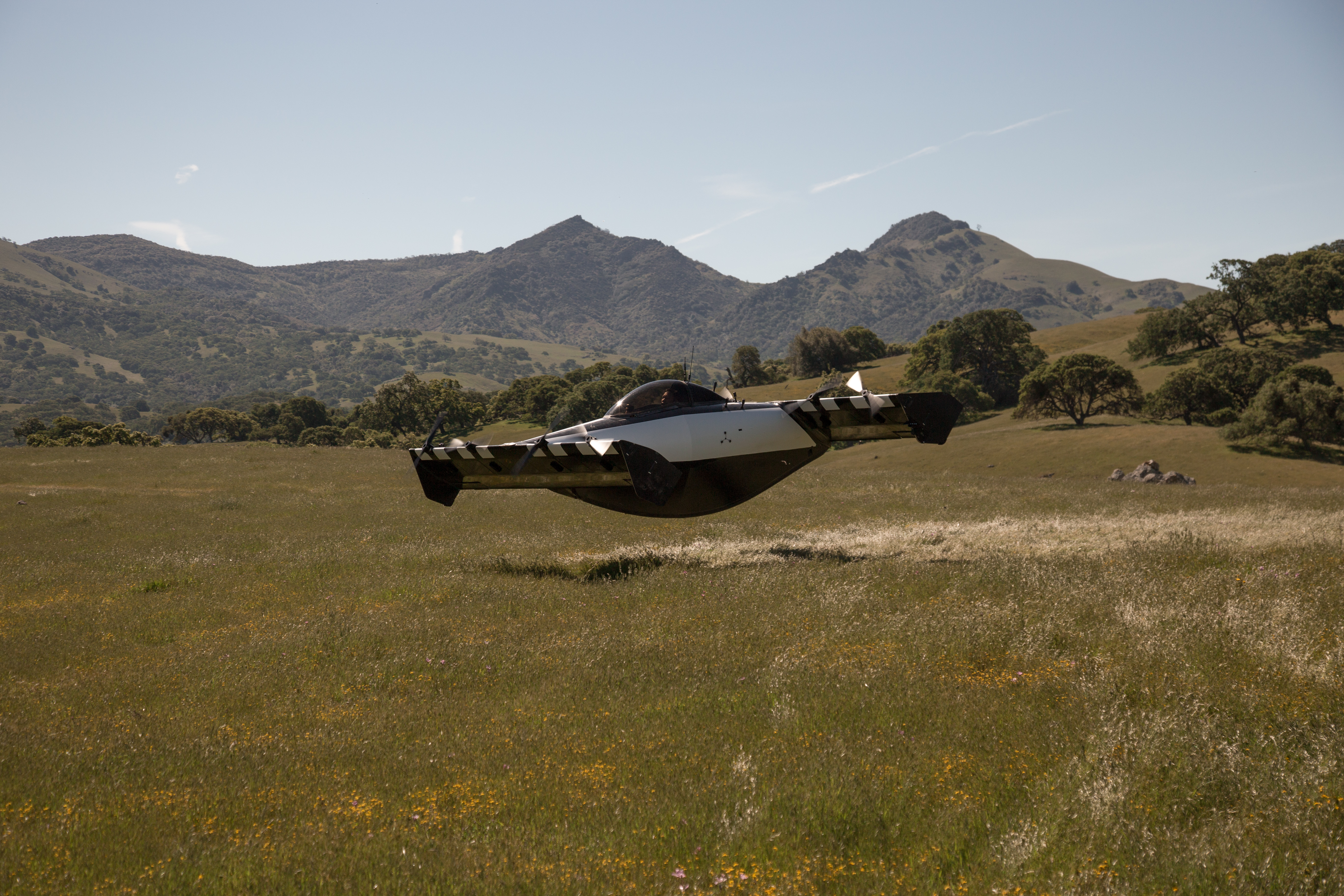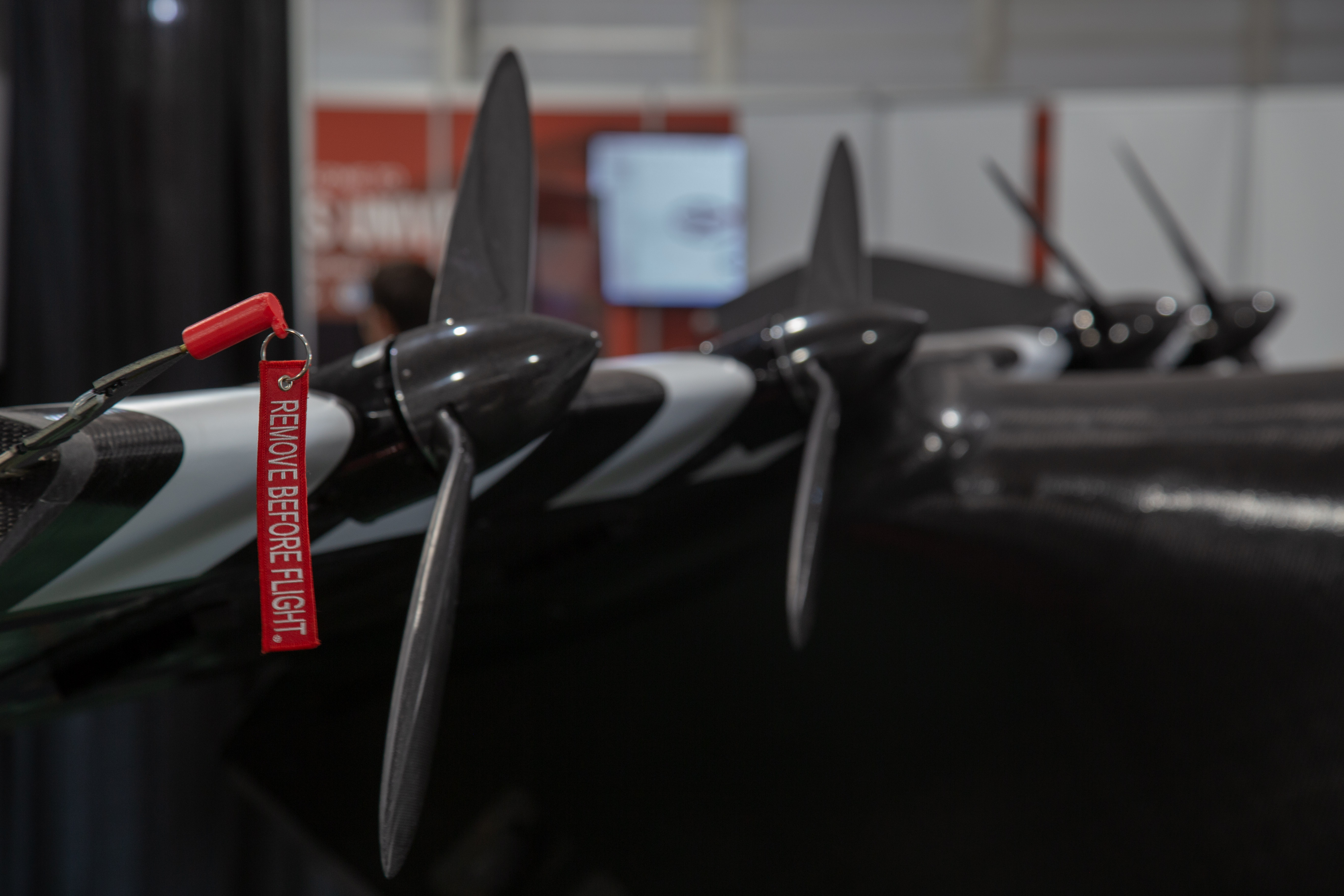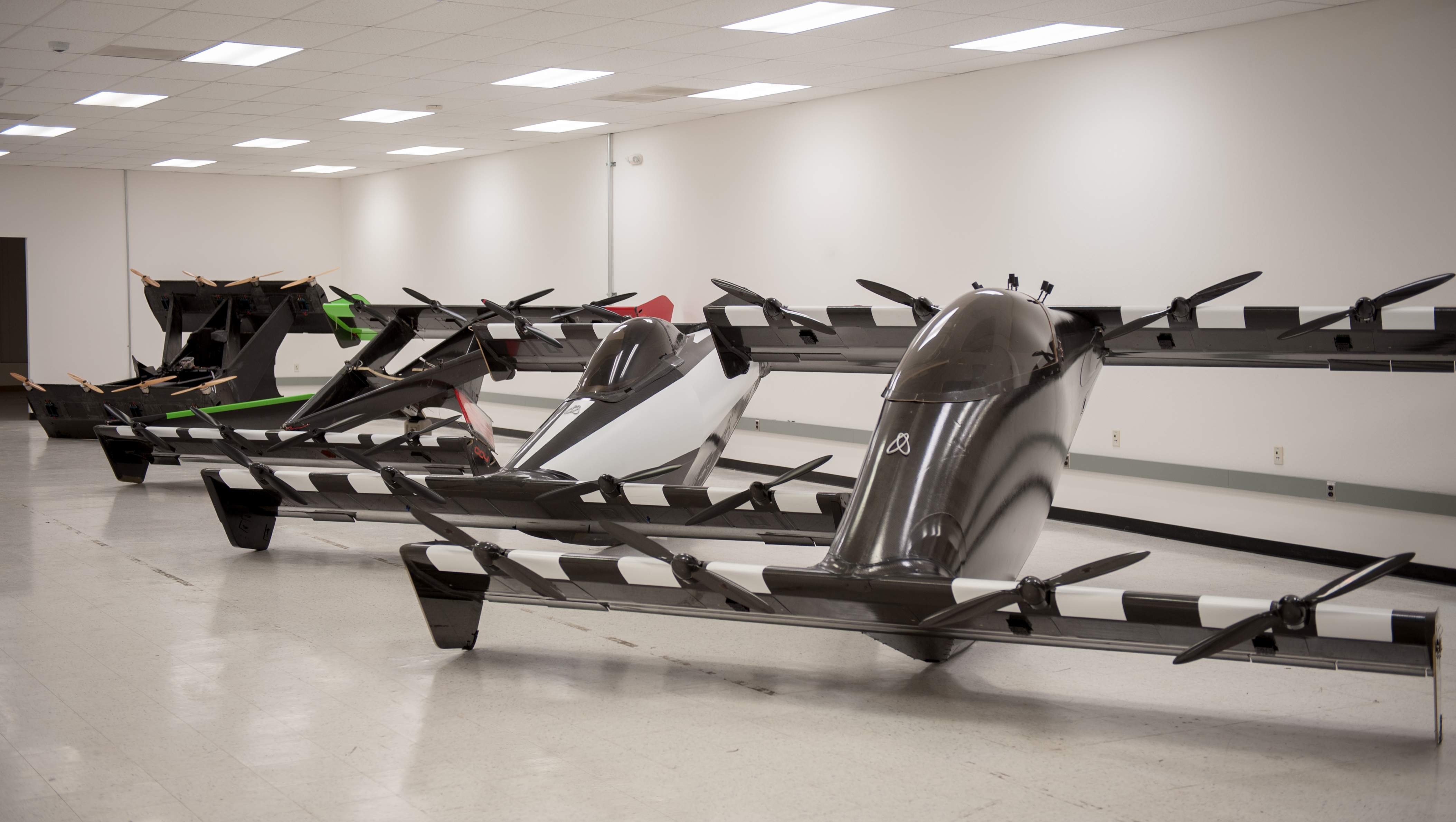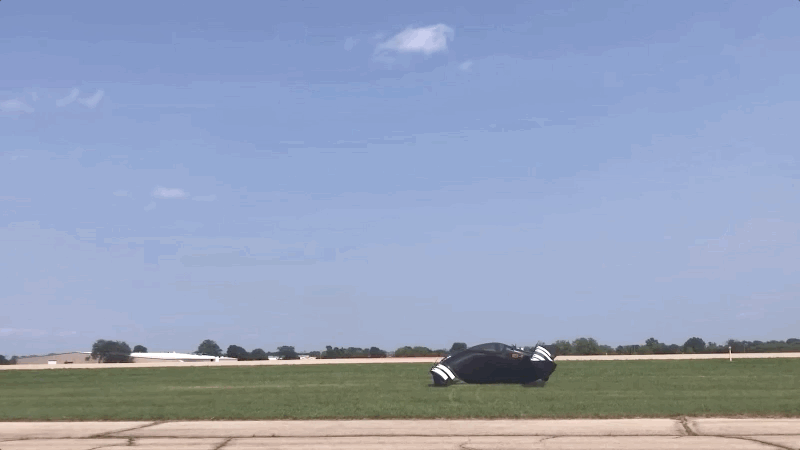This Strange Electric Aircraft Is A VTOL You Can Fly Without A License
This electric-powered VTOL looks straight out of a movie.
One of the weirdest aircraft to fly in EAA AirVenture this year is an electric VTOL. The Opener Blackfly is an aircraft that you can fly without a pilot license, but there's a catch.
Every summer, thousands of aviation enthusiasts and Experimental Aircraft Association members descend on Wittman Regional Airport in Oshkosh, Wisconsin, to enjoy a festival of all things flight. You'll see all sorts of machines at an EAA AirVenture from vintage military aircraft and one-off experiments to the latest concepts. One of the weirder vehicles to show up at AirVenture this year was the Opener Blackfly.
We've covered this machine a couple of times before. It's been described as a flying car by the New York Times, but I don't think that's an appropriate designation. This cannot drive on the ground and its flying characteristics seem closer to a helicopter or drone than a plane.
The pilot sits in the middle with fixed wings in front and rear. On those wings are four propellers that allow it to take off and land vertically with a takeoff run of only 36 inches.

Opener, a Canadian company with Google's Larry Page as a backer, has been flying prototypes of the Blackfly since 2011 and the company says it's getting ready to sell these to the public.
Automation is pretty huge with the machine. The Blackfly can takeoff and land itself from almost any surface, including a lake. Should it need to, it can also fly itself back to where it came from. It also has redundancies in its controls and can continue to fly, even if propellers fail.

The VTOL even has a ballistic parachute should things go south.
Best of all, since Opener is aiming for these to be classified as ultralights, anyone can fly one without a pilot license. The AVweb YouTube channel got to check out the Blackfly at AirVenture sure enough, the thing is real:
It all sounds too good to be true, right up until you realize the limitations that come from the craft's classification as an ultralight vehicle. While the pilot of an ultralight is not required to have a license, the ultralight itself must fit some tight parameters set by the FAA.
Powered ultralights must weigh less than 254 pounds (excluding floats and safety equipment), have a fuel capacity no greater than five gallons and must have a top speed no faster than 55 knots (63 mph). Additionally, an ultralight may carry only a single occupant.

The U.S. model of the Blackfly has a range of 25 miles with an 8 kWh battery and a cruising speed of 62 mph. It has a low 343-pound empty weight thanks to its carbon fiber construction. The Blackfly squeaks by ultralight weight limits because the FAA allows amphibious ultralights to weigh more.
This is not exactly something you're going to be able to fly between cities for lunch. The international version is a little better, getting over 40 miles out of a 12 kWh battery with a cruising speed above 80 mph.
If those stats aren't a turn off for you, its payload might be. Its 200-pound payload restricts who can fly it and what they can bring with them. And while this doesn't require a license, it's definitely recommended to get some formal flight training for safety's sake.
Still, even with its limitations, the machine looks like a fun way to go short distances. Opener plans on selling 25 units for about the price of an SUV beginning this fall, but that will require them to meet ultralight regulations, first.
